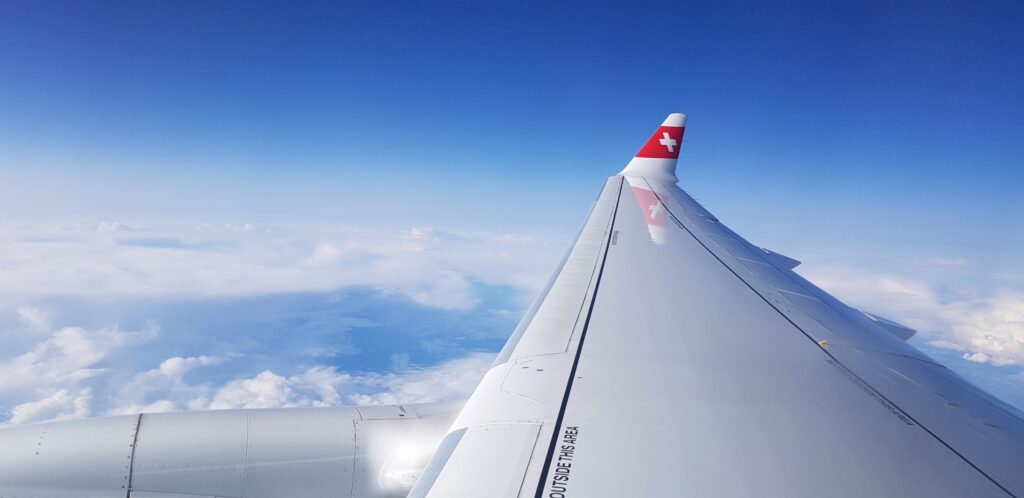Swiss International Air Lines will cancel around 1,400 flights between now and October 2025 because of a growing shortage of pilots. The move will affect many short-haul flights across Europe from Zurich and Geneva. Some long-haul flights, including those to Chicago and Shanghai, will also be cut. The seasonal route to Hurghada, Egypt, has been fully suspended.
The airline said the reason is a lack of staff. It needs about 70 more full-time pilots to handle the summer demand. To reduce the impact, Swiss has introduced short-term solutions. These include delaying pilot retirements, buying back vacation days, and asking part-time pilots to fly more hours. The airline is also working with the Aeropers pilot union to adjust schedules and reduce last-minute cancellations due to fatigue.
Passengers affected by the cancellations will be informed early. Swiss plans to rebook them on other flights within the Lufthansa Group or the Star Alliance network. In some cases, passengers may be moved to flights operated by other airlines. Travelers can also ask for a full refund if they prefer.
Other airlines in Europe are also facing pilot shortages. Dutch airline KLM said it is having trouble staffing long-haul flights this summer. This comes even as the total number of pilots at KLM reaches a record high. According to Eimerd Bult, head of flight service at KLM, the airline loses around 50 full-time pilots each year due to sick leave and part-time work.
To manage this, Air France pilots will temporarily fly certain KLM routes. One example is the Amsterdam to New York route, which will be operated by Air France from July to October. British Airways is also trying to hire more pilots by offering large incentives. The airline even said it will pay up to €100,000 in training costs for new recruits. Still, British Airways had to cancel several flights for the summer. These include popular holiday routes from London to Greece and Croatia.
The pilot shortage is a problem across the entire airline industry. It began during the COVID-19 pandemic. Many flight schools had to stop training new pilots. At the same time, many older pilots chose to retire early. The result is a gap in the number of trained pilots that airlines now need to fill.
In the United States, the Federal Aviation Administration (FAA) estimates that 4,300 pilots will retire every year until 2042. Europe faces a similar challenge. Boeing has warned that the world will need 674,000 new pilots in the next 20 years. Research from Oliver Wyman shows a global shortage of 80,000 pilots by 2032. Of these, about 19,000 will be needed in Europe.
To attract more candidates, airlines are relaxing job rules. For example, some are reducing language or citizenship requirements. Others are offering flexible work hours or fast-track promotions. But experts say that rebuilding the pilot pipeline will take time.
Travelers planning trips this summer should be ready for changes. Short-haul flights may be cut more than others. Passengers may need to make extra stops or wait longer for connections. Booking early and checking flight updates regularly is the best way to stay informed. It is also wise to allow more time between connecting flights.
Most airlines offer flexible booking options, including free rebooking or full refunds. But getting a good replacement flight may depend on how quickly you respond. If you are traveling this summer, make sure your contact details with the airline are up to date.
Even though airlines are working hard to limit the disruption, many flights across Europe may still be affected. The shortage of pilots is not likely to end soon. For now, passengers may have to be more flexible when flying.
